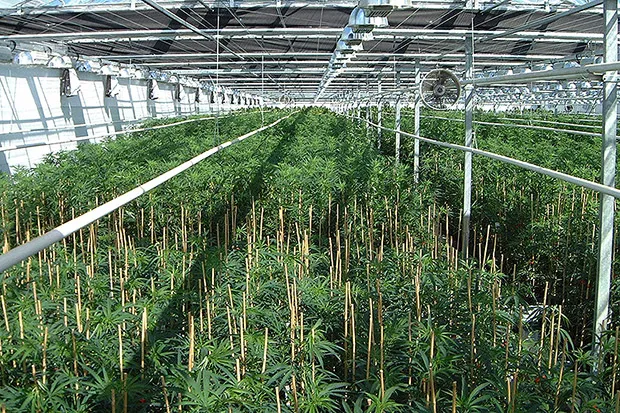By Shelton Muchena in Bristol
In the quiet village of Tickenham, where rolling hills meet tranquil landscapes, an extraordinary scene unfolded that would forever alter the community’s perception of safety and secrecy. The early morning mist had barely lifted when local police, acting on a carefully orchestrated operation, executed a search warrant that would reveal a clandestine reality hidden beneath the surface of this picturesque locale.
As officers approached the nondescript property, the tension was palpable. Residents went about their morning routines, unaware that just beyond the garden gate, a criminal enterprise was thriving a secret cannabis farm flourishing within the confines of an unsuspecting home. The operation, masterminded by an anonymous tip-off, had become a pressing concern, prompting authorities to act swiftly to dismantle what was clearly a significant hub of illegal activity.
With the first thud of a battering ram against the door, the quiet of Tickenham shattered, replaced by the cacophony of law enforcement in action. Officers poured in, steely-eyed and determined, as they combed through the premises. What they discovered was staggering a sophisticated growing operation complete with rows of flourishing plants, artificial lighting systems, and a carefully controlled environment designed for maximum yield. Within minutes, the illusion of tranquility surrounding Tickenham dissolved, revealing a vibrant but illicit ecosystem that had thrived unnoticed for far too long.
As the news spread, the reactions from the community were swift and varied. Some expressed disbelief that such an operation could exist in their backyard, while others echoed a sense of relief that the veil of secrecy was finally being lifted. Local residents gathered in twos and threes, whispering in hushed tones, grappling with the fact that their idyllic village was not immune to the grips of the drug trade.
Detractors quickly pointed fingers at the increasing visibility of cannabis farms across the nation, while advocates argued for reform and the need for a deeper understanding of drug policy. The operation in Tickenham sparked urgent discussions, drawing attention from local news stations and national media alike, revealing a wider narrative about crime, community, and the ongoing battle between legality and morality.
In the days that followed, the authorities made a firm statement about their commitment to maintaining safety in the community, vowing to continue targeting such operations and educate the public about the potential dangers associated with drug cultivation. Meanwhile, experts weighed in, analysing the implications of cannabis farming in rural areas, the environmental impacts, and the socioeconomic factors that drive individuals to engage in such illegal activities.
As Tickenham grappled with its newfound notoriety, community leaders organised town hall meetings, encouraging open dialogue about drug policy and community safety. In a remarkable turn, the dark cloud of the cannabis farm led to a unifying moment for the village a collective determination to reclaim their narrative, ensuring that Tickenham would not be defined by crime but rather by resilience and community spirit.
In the shadows of the cannabis plants now seized by the police, hope began to bloom. The story of Tickenham was no longer just about illegal activity; it evolved into a powerful testament to community vigilance and the resolve to create a safer, more aware society. What was once a hidden menace became a catalyst for change, drawing international attention and ultimately paving the way for critical conversations about the future of drug policy, rural safety, and the power of community action.
As the sun set on the Tickenham horizon, the village stood united, ready to face whatever challenges lay ahead, fortified by a newfound awareness and a commitment to ensuring that their story would be one of triumph, rather than tragedy.


